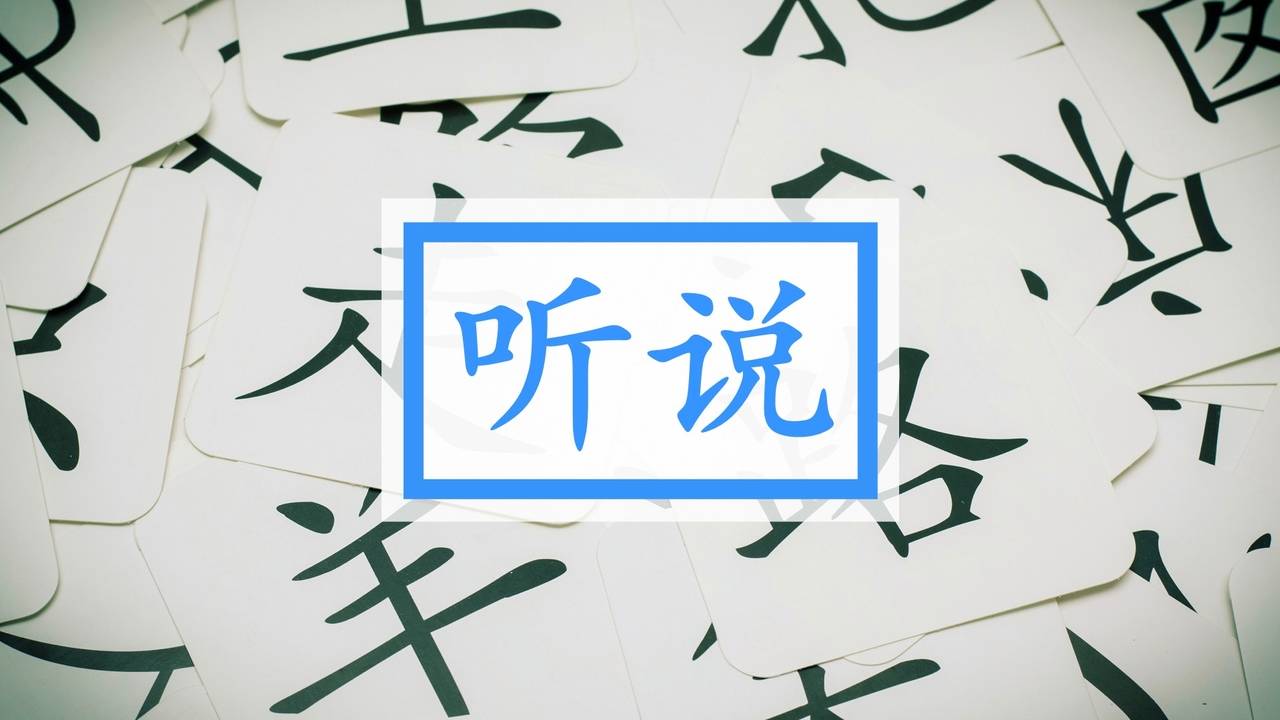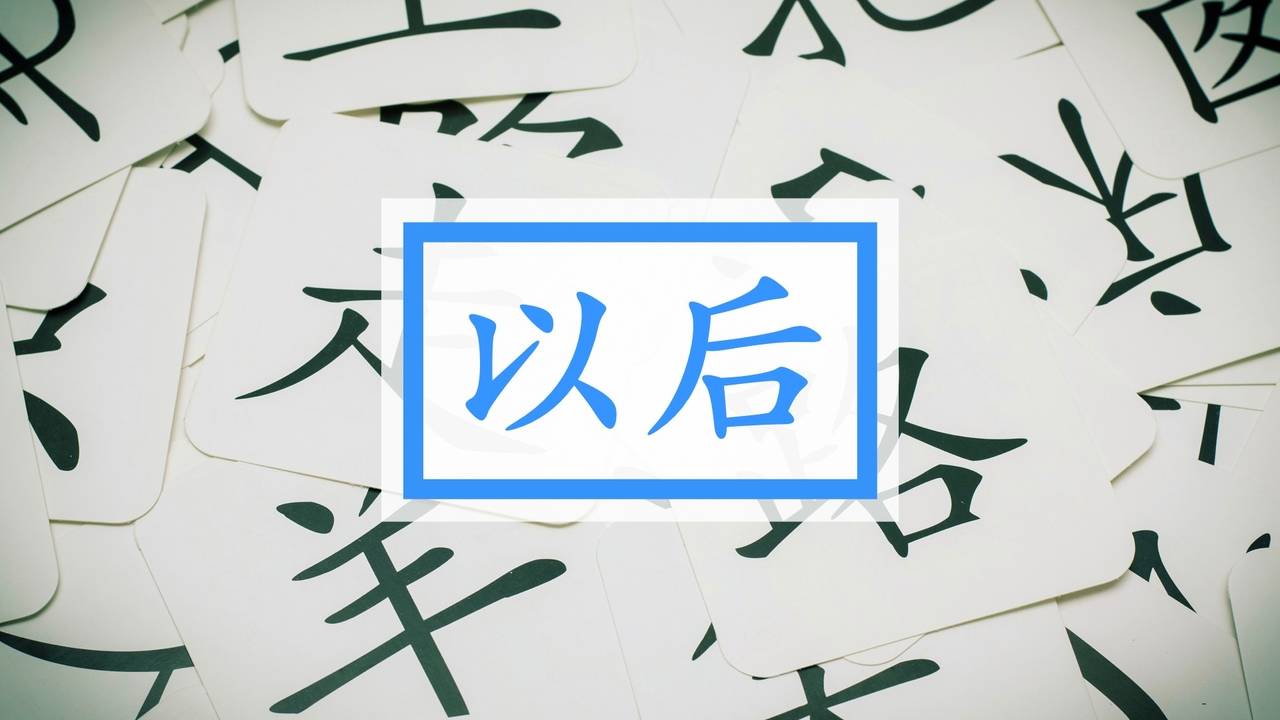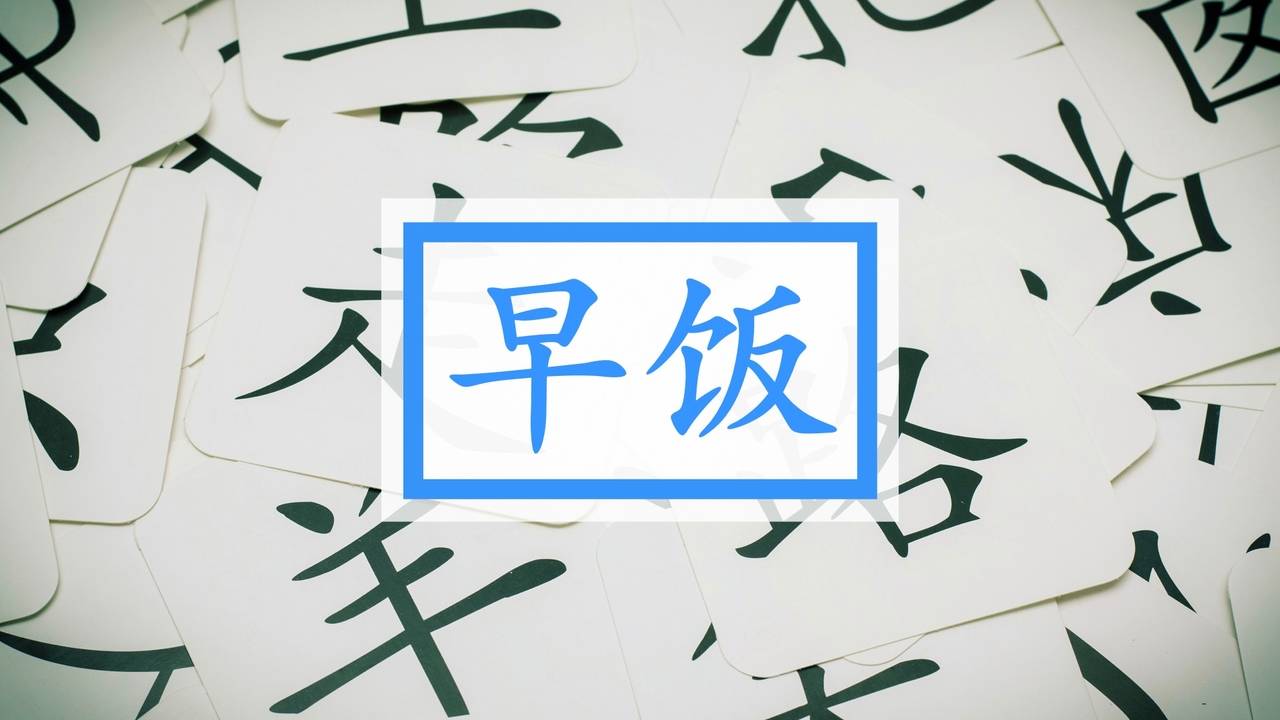
Level 23 - Vocab in Context
43 Lessons
1

某个 in Context
2

某些 in Context
3

其他 in Context
4

讨厌 in Context
5

斤 in Context
6

公斤 in Context
7

听 in Context
8

BONUS: Helper - Expressing That an Action Has Happened Before with 过
9

好听 in Context
10

听力 in Context
11

听见 in Context
12

听话 in Context
13

听说 in Context
14

近 in Context
15

最近 in Context
16

后 in Context
17

以后 in Context
18

然后 in Context
19

后来 in Context
20

最后 in Context
21

BONUS: Helper - Turning Adjectives into Adverbs with 地
22

后天 in Context
23

后面 in Context
24

后边 in Context
25

厚 in Context
26

反正 in Context
27

相反 in Context
28

BONUS: “How Does What" - Adverbs Expressing Tone of Voice
29

米饭 in Context
30

早饭 in Context
31

午饭 in Context
32

吃饭 in Context
33

吃饱 in Context
34

饿 in Context
35

员工 in Context
36

工人 in Context
37

江 in Context
38

左边 in Context
39

左右 in Context
40

右边 in Context
41

差 in Context
42

差不多 in Context
43

差点儿 in Context
Next Character
最后 in Context
CONGRATULATIONS!
A NEW WORD HAS BEEN UNLOCKED
最后
Usage 1 - "in the end, finally":
Sentence:
最后我离开了。
English:
In the end, I left.
Top-Down Words:
离开 líkāi - to leave
*Sentence:
最后,我的狗和小母狗可以开心地在一起玩儿了。
English:
In the end, my dog and the little female dog could happily play together.
Top-Down Words:
Usage 2 - "last, end":
*Sentence:
最后走的人没有面包吃。
English:
The last people to leave don’t have bread to eat.
Sentence:
他在队伍的最后慢慢走。
English:
He's walking slowly at the end of the line.
Top-Down Words:
队伍 duìwǔ - procession, queue
Need a Reminder?
The Six Steps to Learning Words
Understanding Chinese Words - Morphemes
Member Comments from 2019-mid-2020
Do you also want to leave a comment? You can do so below!
Gary Cheeseman
Im struggling with understanding the use of 地 in some of these sentences. I've often thought of it as the mandarin way of adding -ly at the end of an adjective. So it makes sense to see it in the sentence 最后,我的狗和小母狗可以开心地在一起玩儿了 (happily).
Im curious as to why we don't see it with the final sentence 他在队伍的最后慢慢走 after 慢慢.
Is this because of the double up of 慢, would it be incorrect to say 慢地. Or is it one of them times when its grammatically correct but just sounds odd to a native speaker?
Cheers legendsMandarin Blueprint
This made me think for a sec and I decided to research further and found this post on stackexchange with a couple of fantastic (and detailed) answers. It should answer your questions:
https://chinese.stackexchange.com/questions/29475/when-should-i-use-%E5%9C%B0-on-an-adjective-and-when-not-as-an-use-for-adverb-and-why-d




